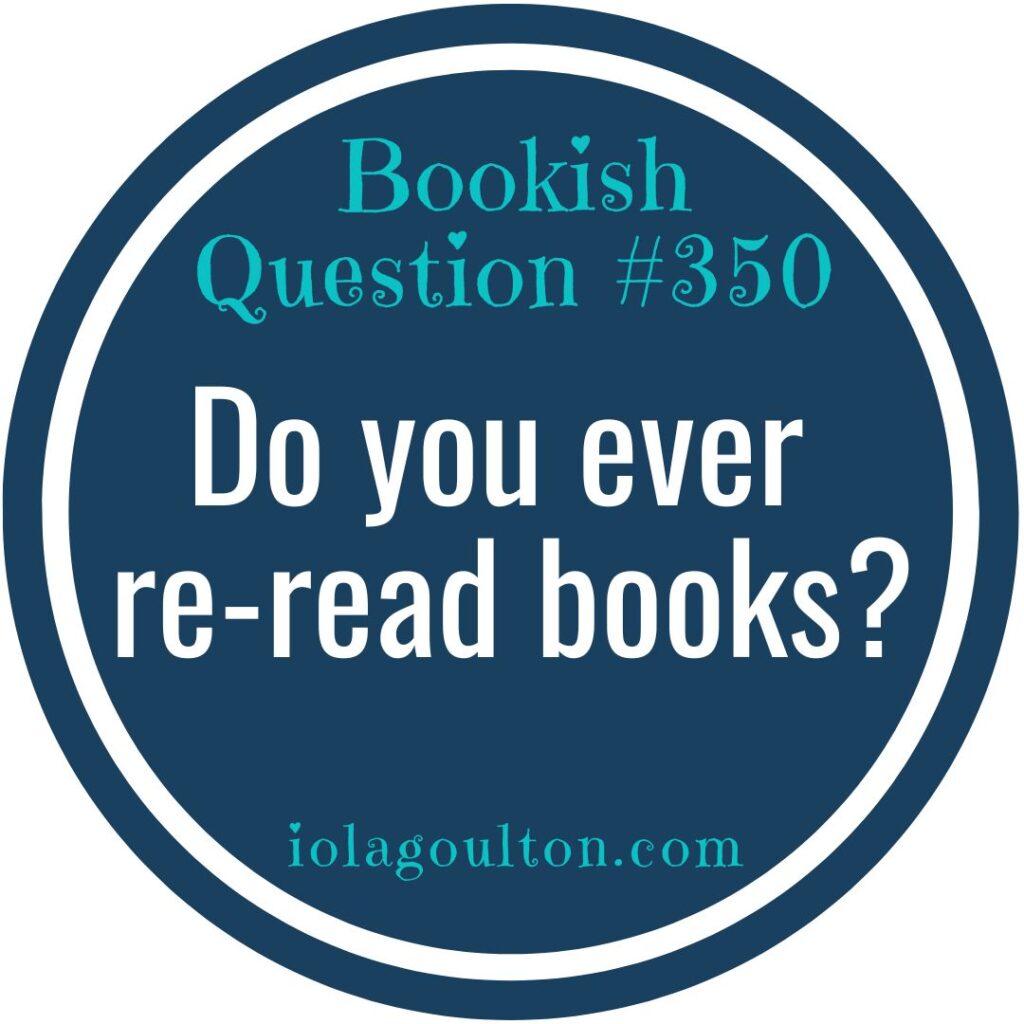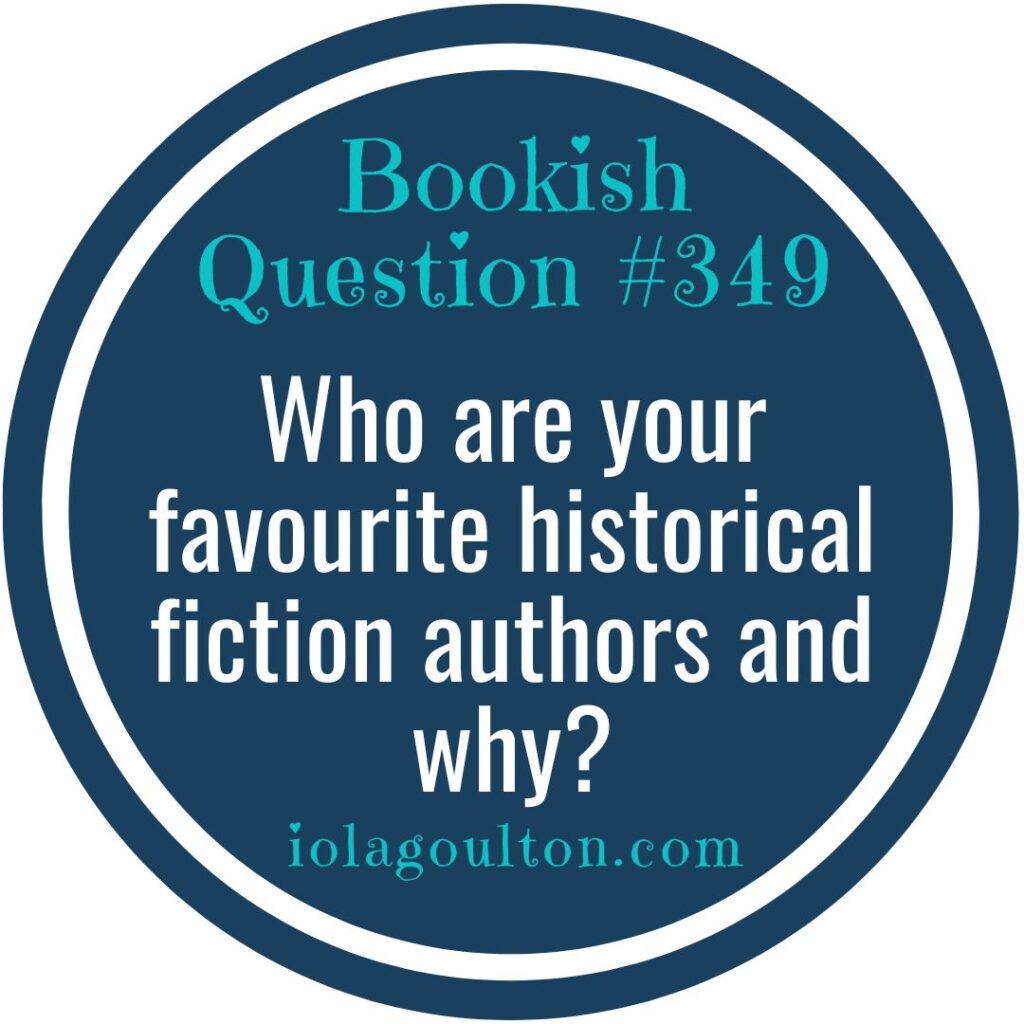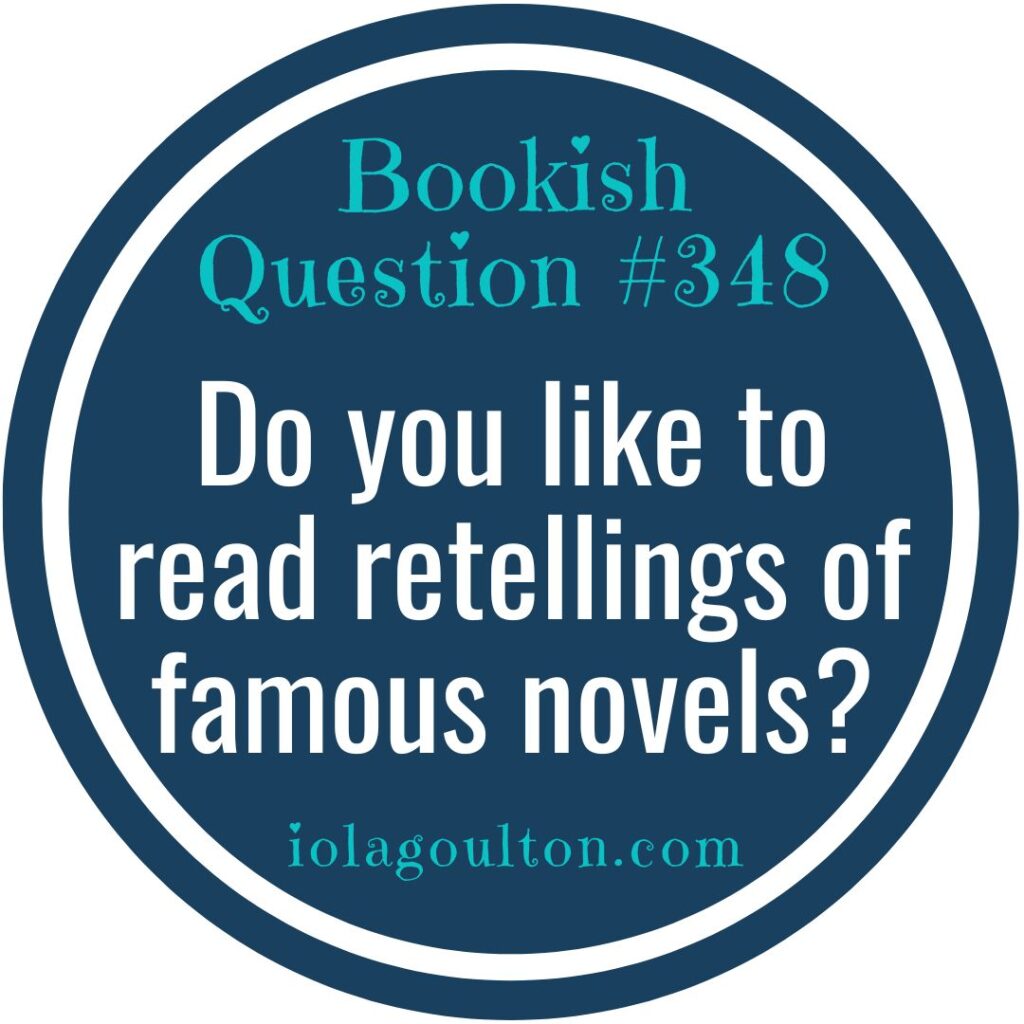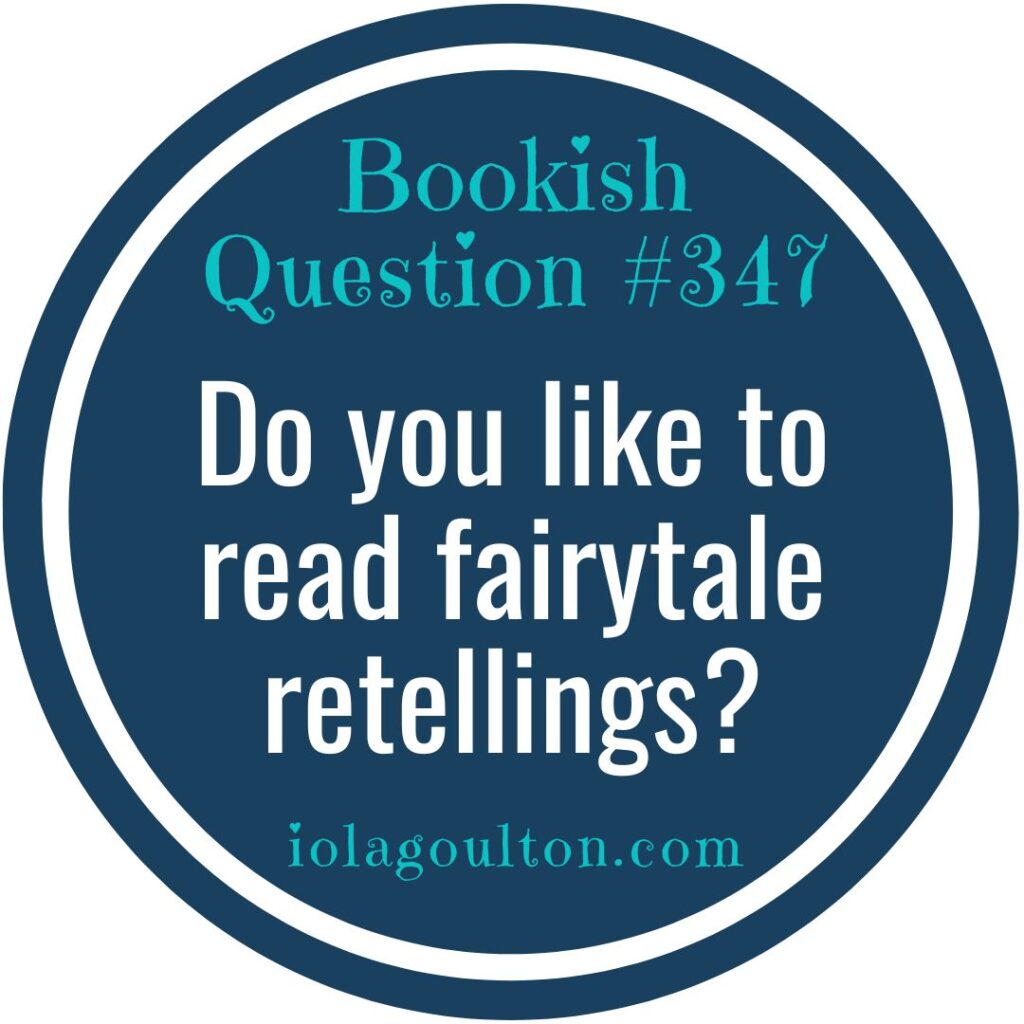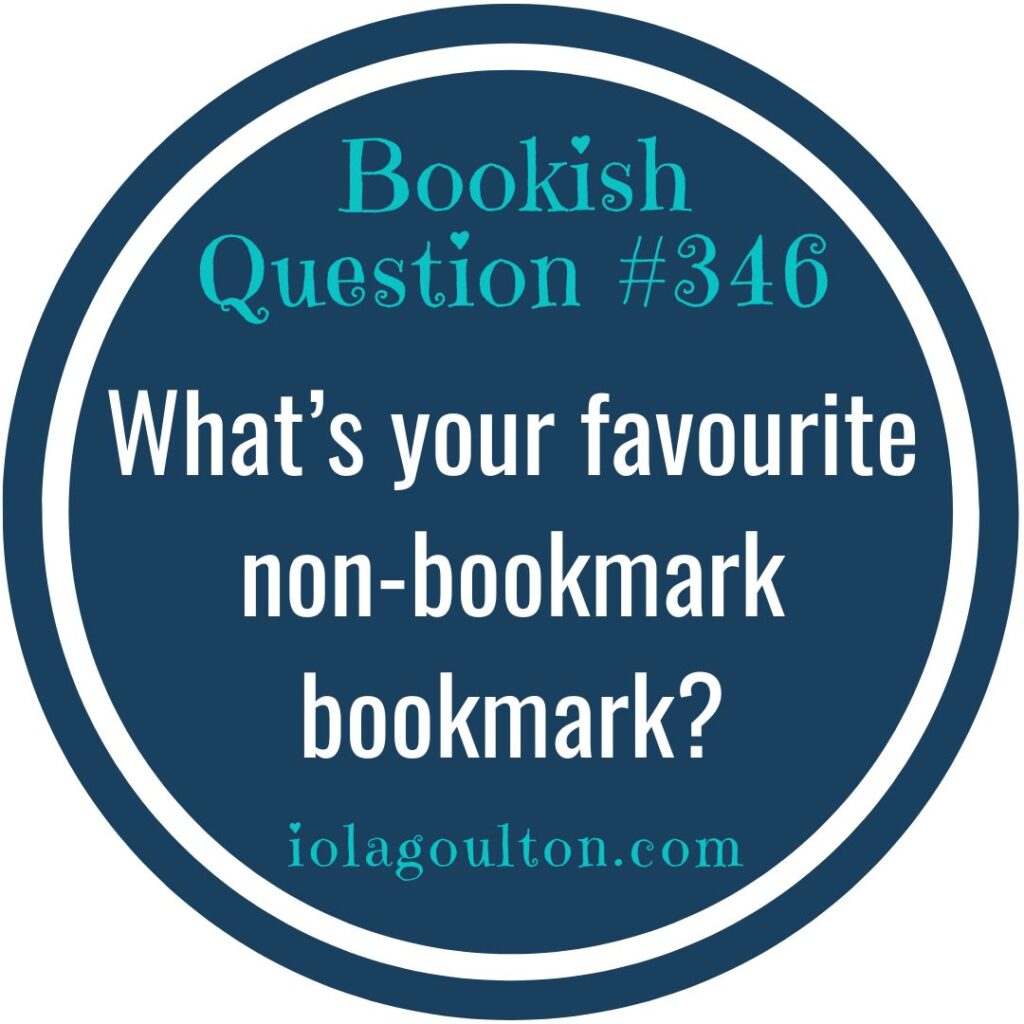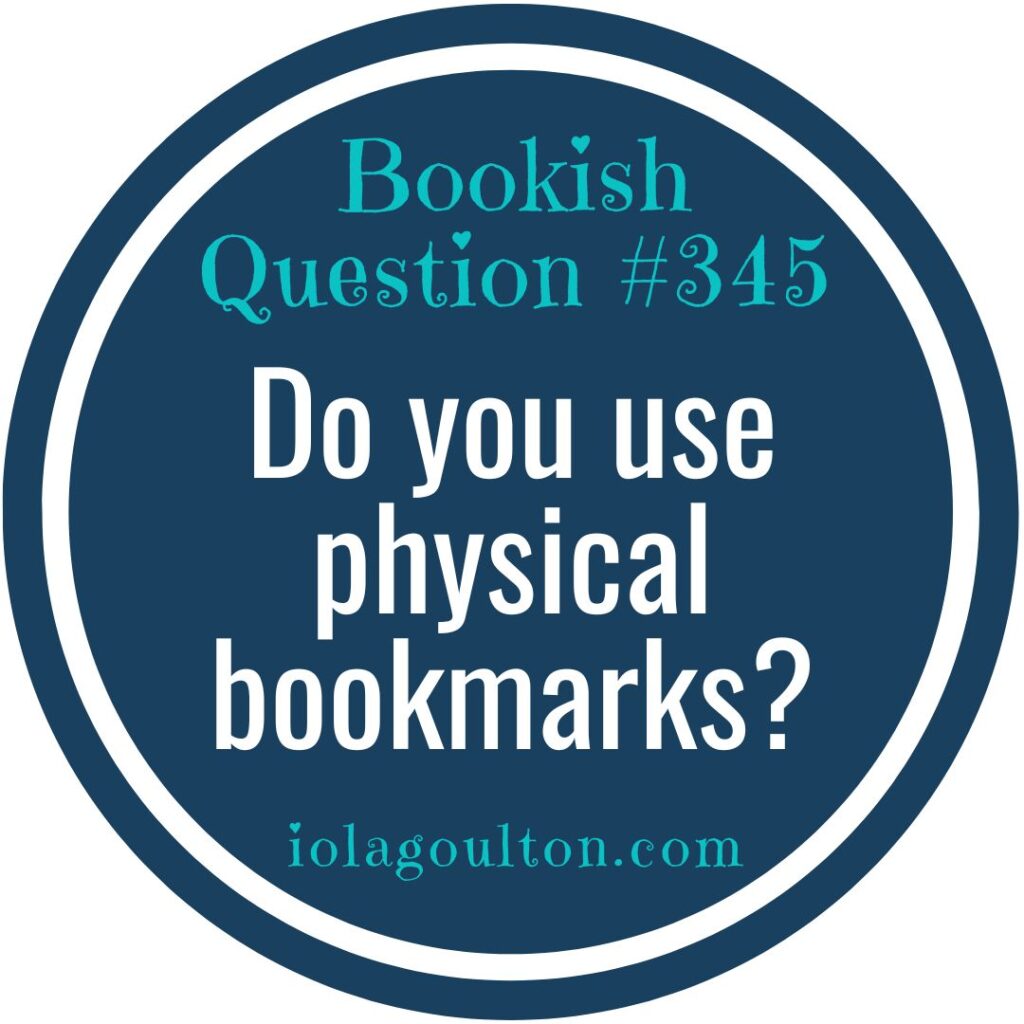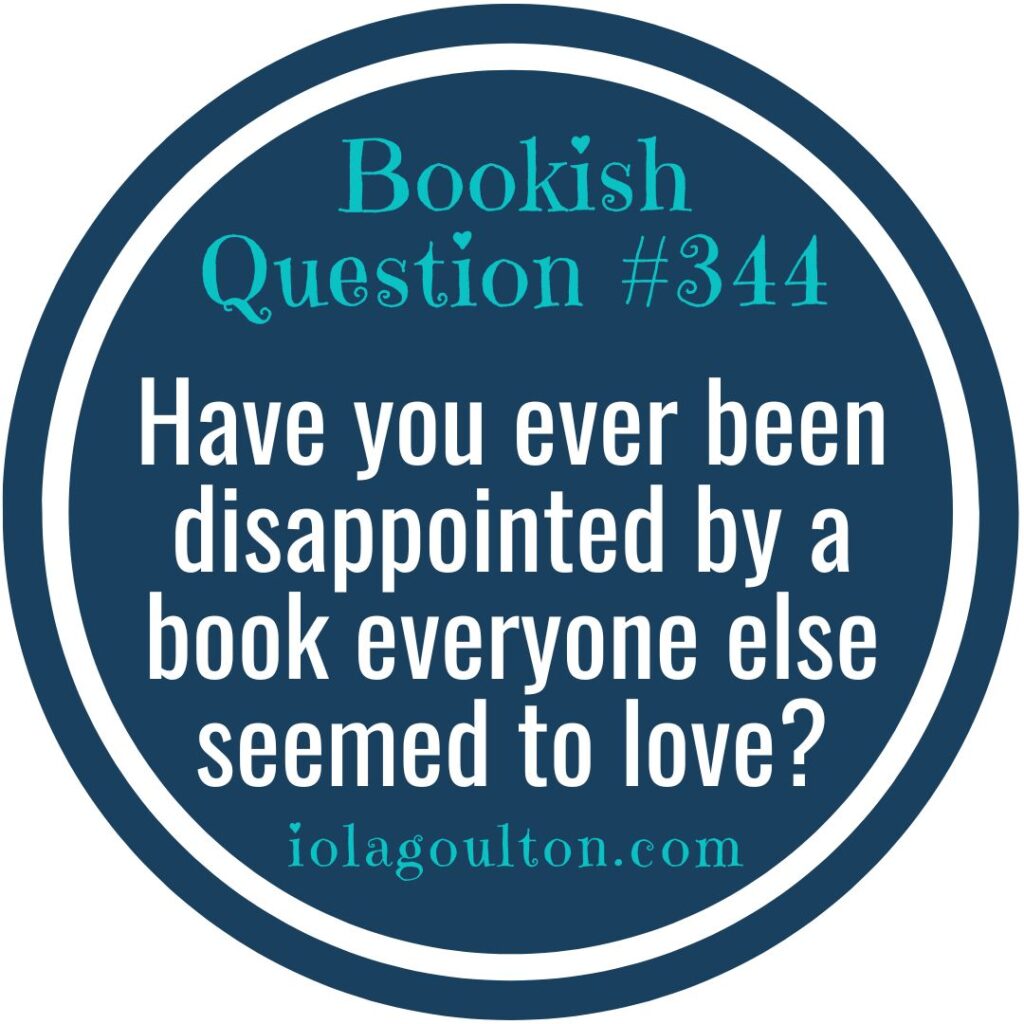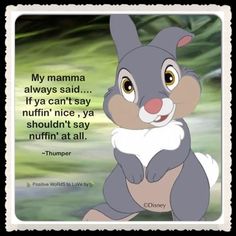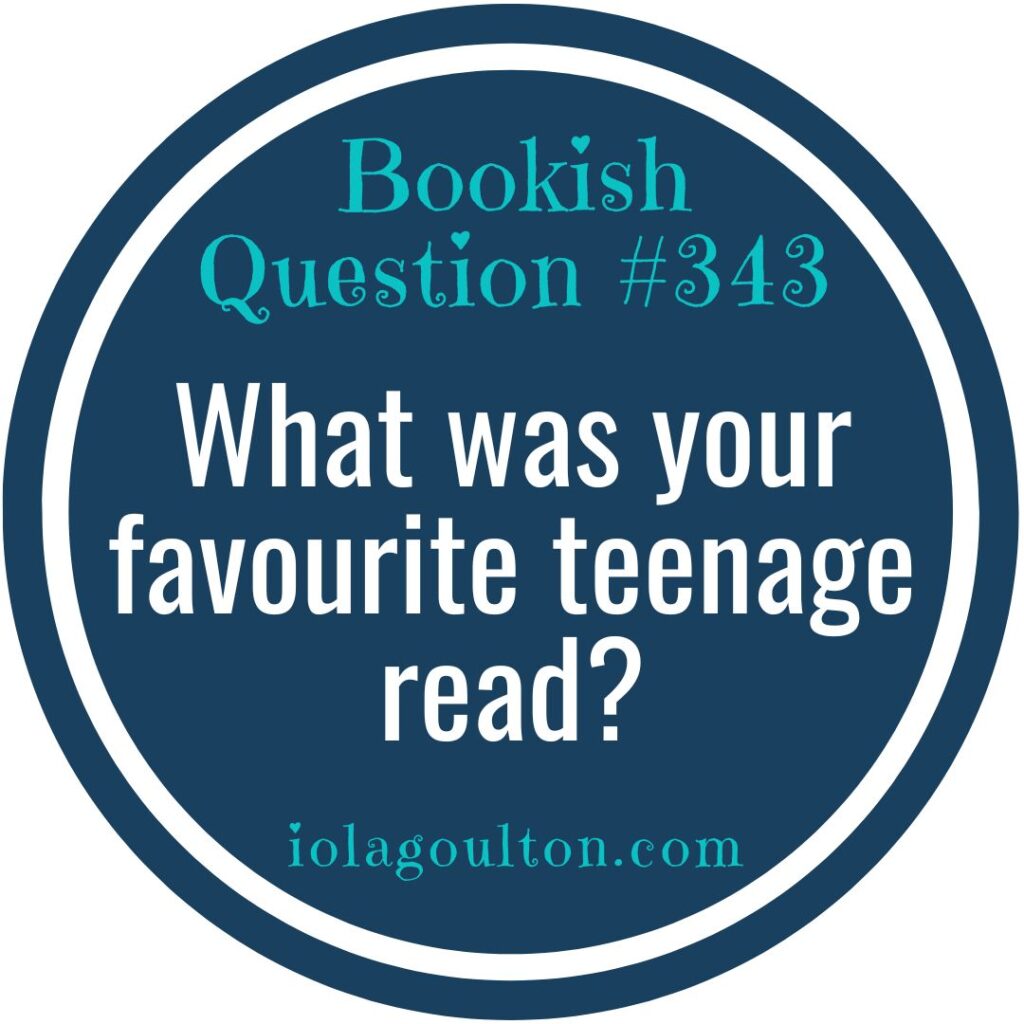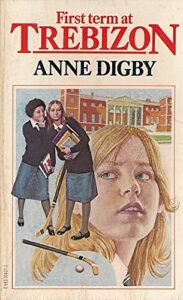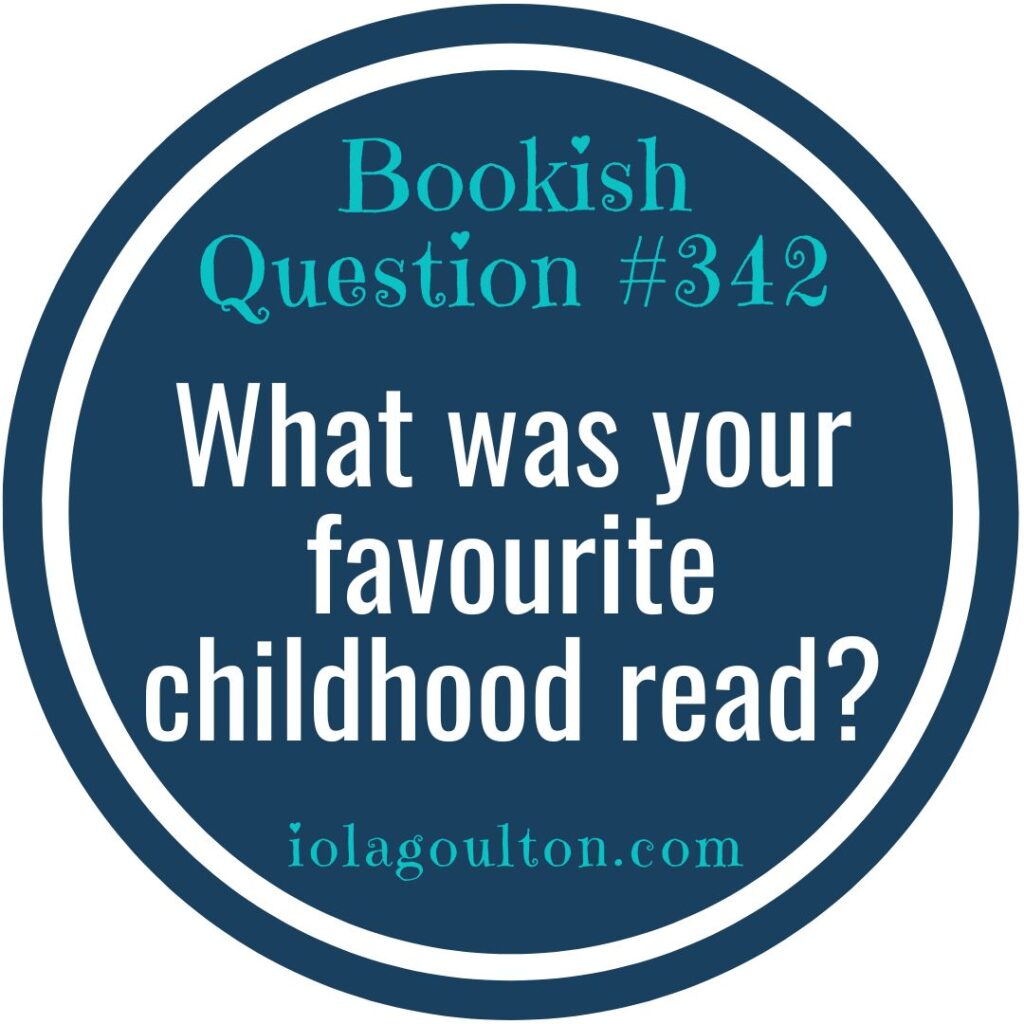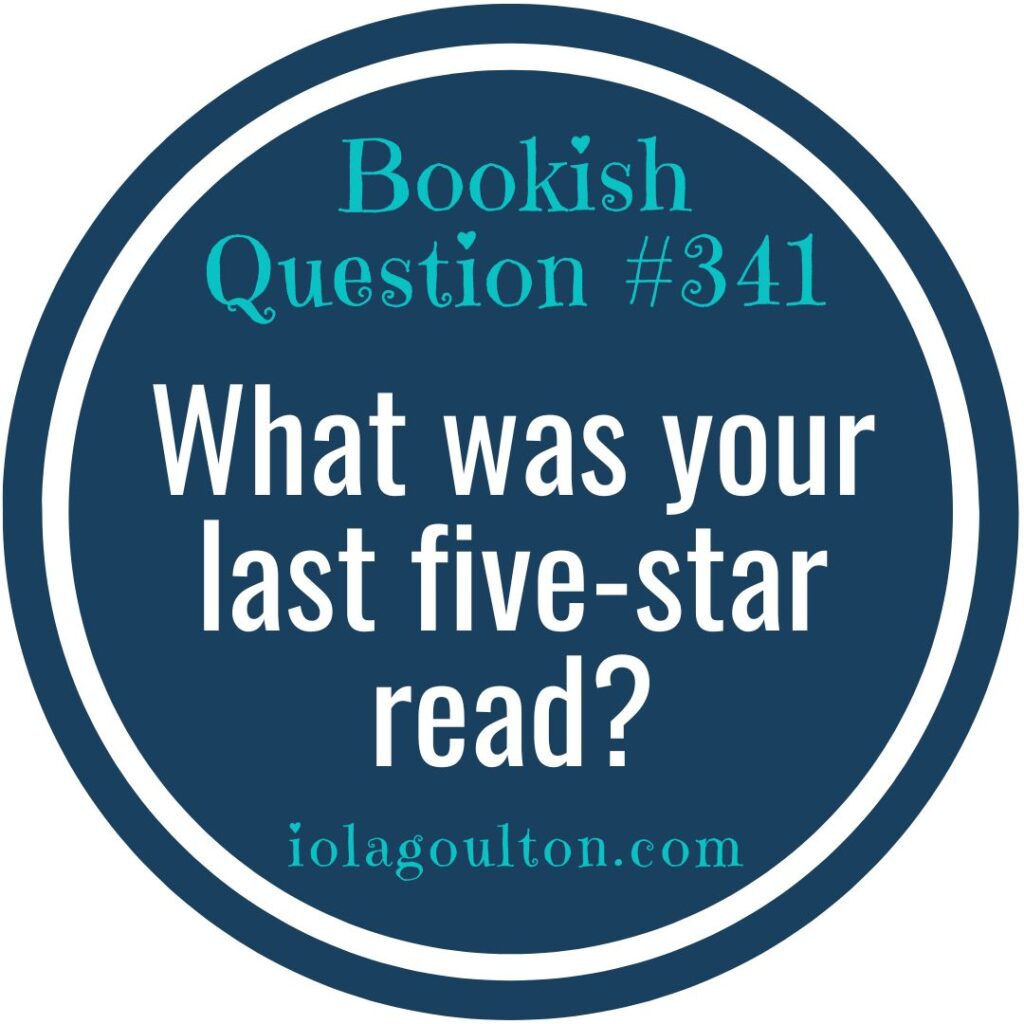I am so glad this question is phrased as a plural, because that means I can have more than one favourite historical fiction author.
There’s no way I could choose just one!
So I have chosen five. I’ve also chosen a favourite book I think you should start with if you haven’t read their work before.
Elizabeth Camden
Elizabeth Camden’s novels are mostly set in the USA during the Gilded Age. I enjoy Elizabeth Camden’s novels because she tends to write intelligent heroines who can think for themselves, and who often have an unusual career for the time.
If you haven’t read any of Elizabeth Camden’s novels, I recommend With Every Breath, in which the characters are trying to find the cure for tuberculosis.
Christine Dillon
Christine Dillon’s first published books were contemporary Christian fiction, starting with Grace in Strange Disguise. She’s now moved to Biblical fiction, which is what she started writing. I love her books because of their depth in terms of plot, character, and Christian principles.
If you haven’t read any of Christine Dillon’s books, I recommend Plagues and Papyrus, a unique take on the familiar story of the ten plagues of Egypt.
Gabrielle Meyer
Gabrielle Meyer is a prolific author who is probably best known for her many Love Inspired titles or her American Brides series. But I discovered her through the absolutely brilliant Timeless series, featuring women who live in two (or three) times at once …
This is a series that’s best read in order, so you will want to start with When the Day Comes.
Carolyn Miller
I have always had a soft spot for Regency Romance (blame Georgette Heyer!), but there were many years where it was difficult to find any good Christian titles. There are a lot more choices now, but Carolyn Miller remains my favourite because her novels have a strong Christian thread.
If you haven’t read any of Carolyn’s Christian Regency Romances, I recommend starting at the beginning with The Ellusive Miss Ellison, the first in her A Legacy of Grace series.
Roseanna M White
Finally, I have always had a fascination for codes and investigations, so I’ve loved all Roseanna M White’s spy and cypher stories, especially The Number of Love, the first in her Codebreakers series.
However, my latest favourite Roseanna M White series is A Beautiful Disguise, the first in her Imposters series.
What about you? Who is your favourite historical fiction author, and why?

